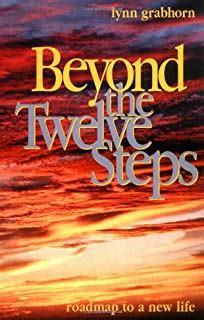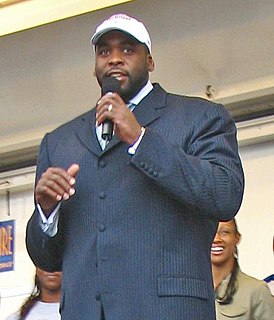A Quote by Thomas Sowell
We never really know and the very fact that there are such words in the language as disappointment, regret, etc., is testimony to the pervasiveness and persistence of this feature of the human condition.
Related Quotes
There are two forms of disappointment that interest me: religious and political disappointment. Religious disappointment flows from the realization that religious belief is not an option for us. Political disappointment flows from the fact that there is injustice - that we live in a world that is radically unjust and violent, where might seems to equal right, where the poor are exploited by the rich, etc.
I use the [vulgar] words because apparently these words do not corrupt morally. I'm from the street in New York, hung around in a tough neighborhood. It was common to curse, you make your point. It's a very effective language. I try not to overdo it. It's never to shock. I know where it fits, it's never to shock. There's no shock value left in words.
I have been too long acquainted with human nature to have great regard for human testimony; and a very great degree of probability, supported by various concurrent circumstances, conspiring in one point, will have much greater weight with me, than human testimony upon oath, or even upon honour; both of which I have frequently seen considerably warped by private views.
So rather than denying or stuffing your past, go ahead and look at it, but without judgment. Look at it, express it, admit it, acknowledge it, accept it, and move on. In other words, let your past become something that is simply a matter of fact. That's all. Express your disappointment, your regret, your anger, and then LET IT GO! If you don't, you will continue to draw to you the very events that you are still resenting or regretting.
?Loneliness is the human condition. Cultivate it. The way it tunnels into you allows your soul room to grow. Never expect to outgrow loneliness. Never hope to find people who will understand you, someone to fill that space. An intelligent, sensitive person is the exception, the very great exception. If you expect to find people who will understand you, you will grow murderous with disappointment. The best you'll ever do is to understand yourself, know what it is that you want, and not let the cattle stand in your way.
Emotions, in my experience aren't covered by single words. I don't believe in "sadness," "joy," or "regret." I'd like to have at my disposal complicated hybrid emotions, Germanic traincar constructions like, say, "the happiness that attends disaster." Or: "the disappointment of sleeping with one's fantasy." ... I'd like to have a word for "the sadness inspired by failing restaurants" as well as for "the excitement of getting a room with a minibar." I've never had the right words to describe my life.
I've been mayor so I believe there is something else for me. I don't know what that is yet, but I definitely have a testimony now brother! As far as talking to young couples, talking to brothers who are strong, they have it going on, they know exactly what they want to do, how they want to do it but they don't have any God in their life. They don't really move by a spirit. They are not really connected to the community. There is a testimony in here somewhere that I think I can share but I don't know.
In your relationship with God there are also times when you want to say things and you're trying to find the words to express them. In a human relationship sometimes you struggle for words and you've got to do it, but in a relationship with God he can actually give you a language which enables you to communicate. In a relationship with God you feel things and you want to express them and you're not limited by human language. You can express what you really feel in your heart, through a language that he gives you, and that helps you to communicate with God.
Therefore, the two processes, that of science and that of art, are not very different. Both science and art form in the course of the centuries a human language by which we can speak about the more remote parts of reality, and the coherent sets of concepts as well as the different styles of art are different words or groups of words in this language.
Being a slow reader would normally be a deficiency; I found a way to make it an asset. I began to sound words and see all those qualities - in a way it made words more precious to me. Since so much of what happens in the world between human beings has to do with the inconsideration of language, with the imprecision of language, with language leaving our mouths unmediated, one thing which was sensuous and visceral led to, in the use of language, a moral gesture. It was about trying to use language to both exemplify and articulate what good is.





































